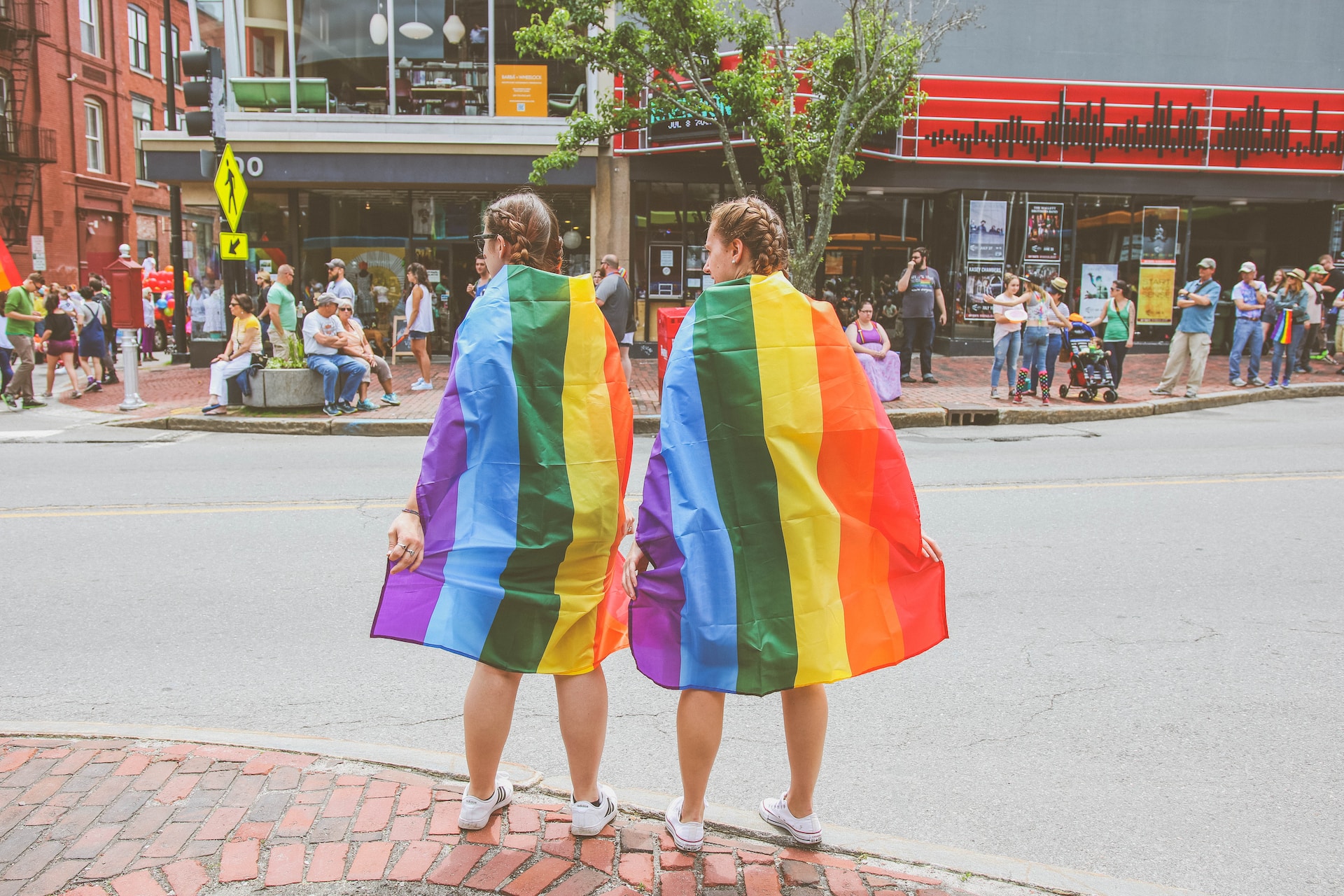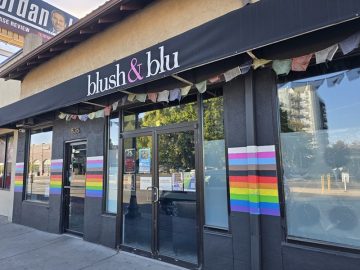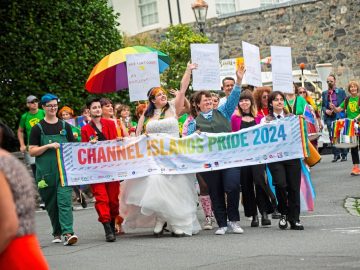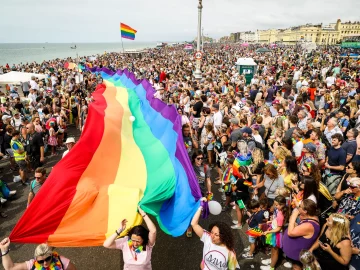The LGBTQ+ community’s journey, from clandestine gatherings to vibrant parades celebrating their identities, encapsulates a transformative era in human rights history. As the world becomes more interconnected, Pride events have become significant cultural phenomena, drawing attention to both the achievements and ongoing challenges of the LGBTQ+ community worldwide.
A Movement Born from Resistance
The roots of the LGBTQ+ rights movement can be traced back to the late 1960s. The Stonewall riots in New York City in 1969 were a watershed moment, marking the beginning of a global push for LGBTQ+ rights. Prompted by police harassment and societal discrimination, the riots were a public declaration that the LGBTQ+ community would no longer remain silent. The following year, the first Pride marches took place, commemorating the Stonewall anniversary and protesting against ongoing discrimination.
Pride Today: A Global Phenomenon
Fast forward to today, Pride events have evolved into vibrant celebrations that attract millions worldwide. Cities like Madrid, São Paulo, and San Francisco host grand parades, attended by people from all walks of life. These events, however, are not just about celebration; they’re also platforms for advocacy.
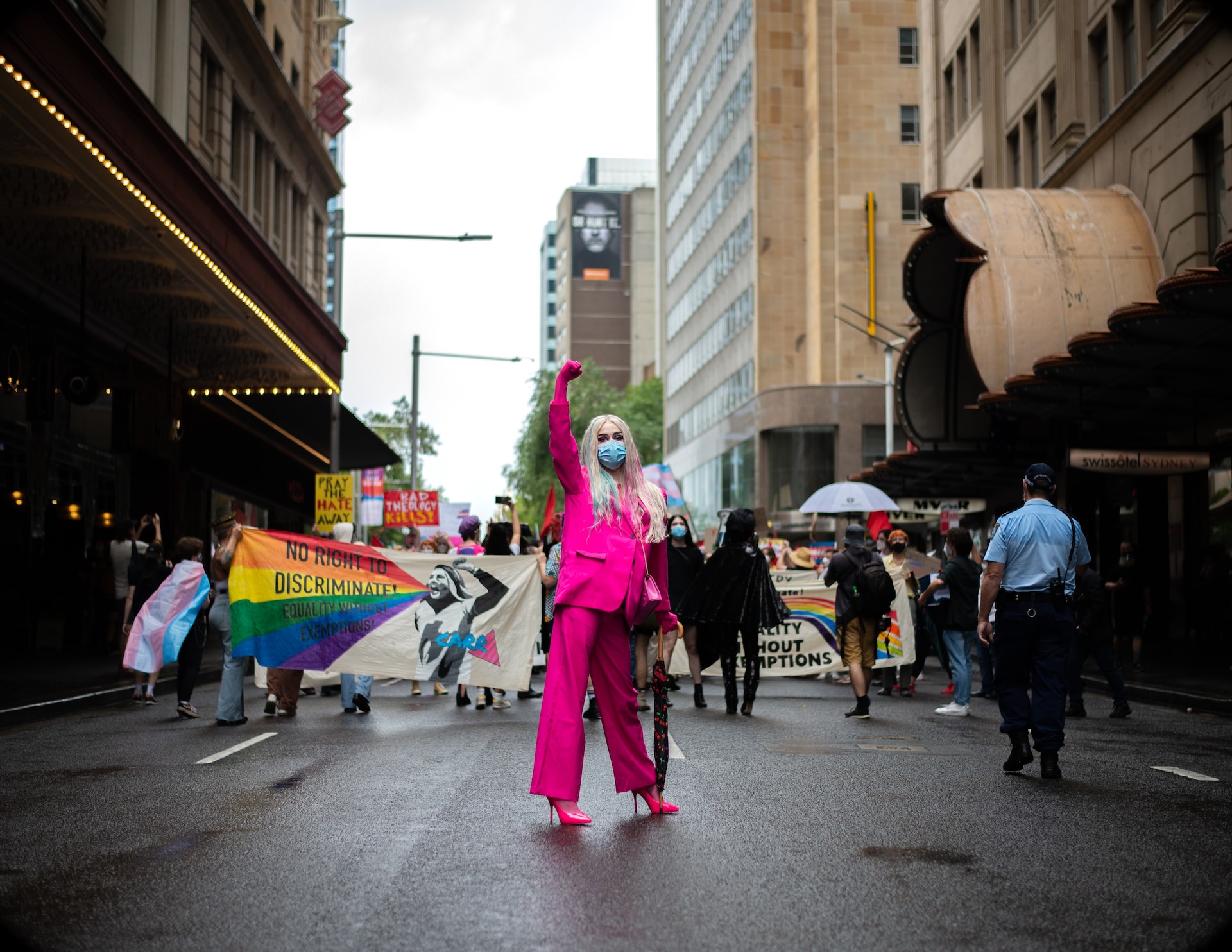
In regions where LGBTQ+ rights are still contested, Pride marches often focus on legal protections, acceptance, and the eradication of discrimination.
A Tapestry of Experiences
Pride events vary significantly based on regional and cultural contexts. In Western nations with robust LGBTQ+ protections, these events often have a festive atmosphere. However, in countries where LGBTQ+ rights are still emerging, Pride events can be acts of profound courage and resistance.
Organizations Leading the Way
Global and regional organizations like InterPride, EuroPride, and Pride of the Americas have been instrumental in elevating Pride events to an international stage. They not only help in organizing these events but also work tirelessly behind the scenes to ensure LGBTQ+ rights are recognized universally.
Why Attend a Pride Event?
Pride events offer a unique blend of celebration, advocacy, and community. They provide a space for the LGBTQ+ community and allies to come together, celebrate their identities, and advocate for equal rights.
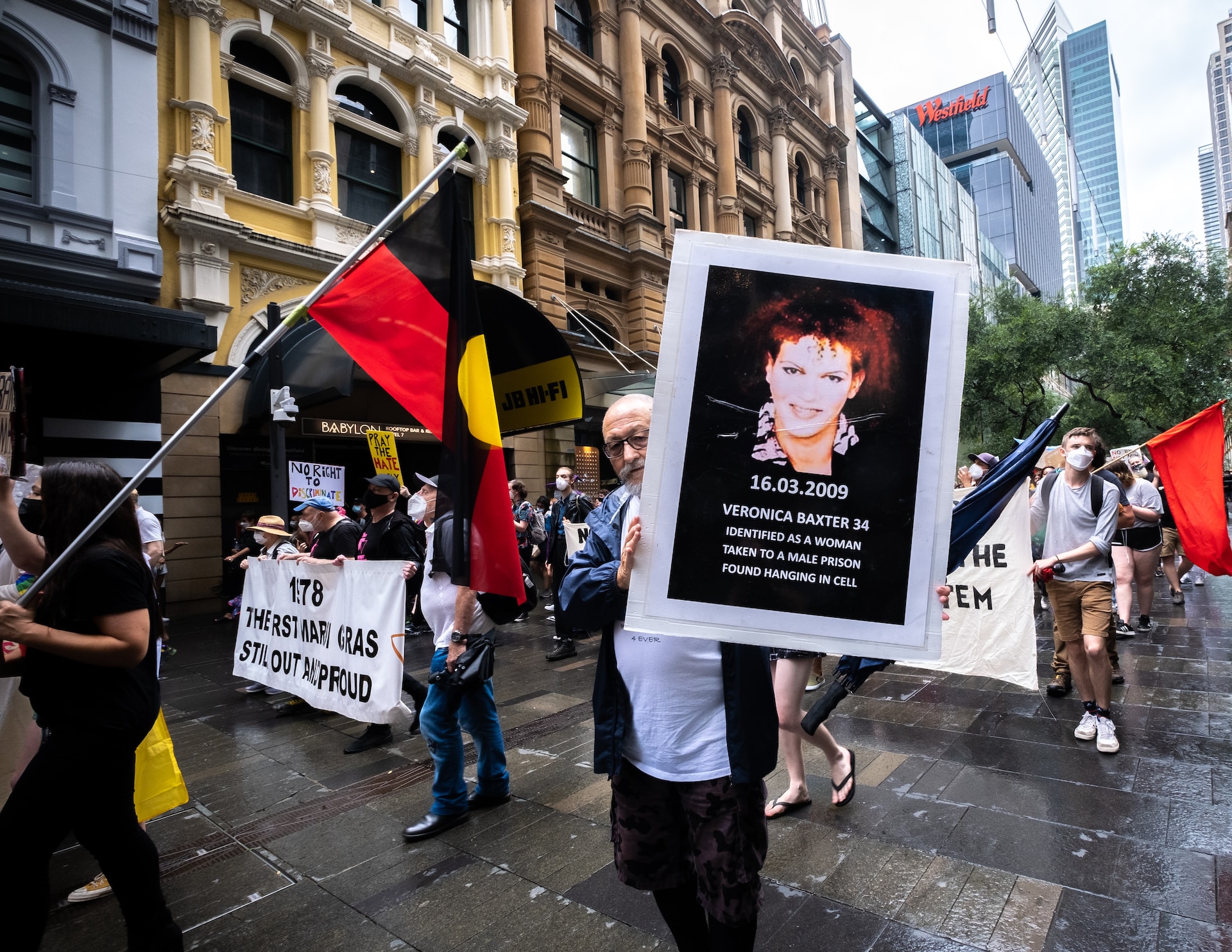
For travelers, attending a Pride event can offer a deeper understanding of the local LGBTQ+ community and its challenges and achievements.
A Calendar for Global Pride
With over 150 Pride events worldwide, the International LGBTQ+ Travel Association (IGLTA) provides a comprehensive calendar for those interested in participating. This initiative, coupled with IGLTA’s extensive network of LGBTQ-friendly businesses, ensures that travelers have access to safe and welcoming environments wherever they go.
Conclusion
As the world continues to evolve, so does the significance of Pride events. They serve as a reminder of the strides made by the LGBTQ+ community and the challenges that remain. In an era where acceptance is growing, but discrimination still exists, Pride events are more critical than ever, ensuring that the fight for equality and recognition remains in the global spotlight.
©unitedradiance.org

